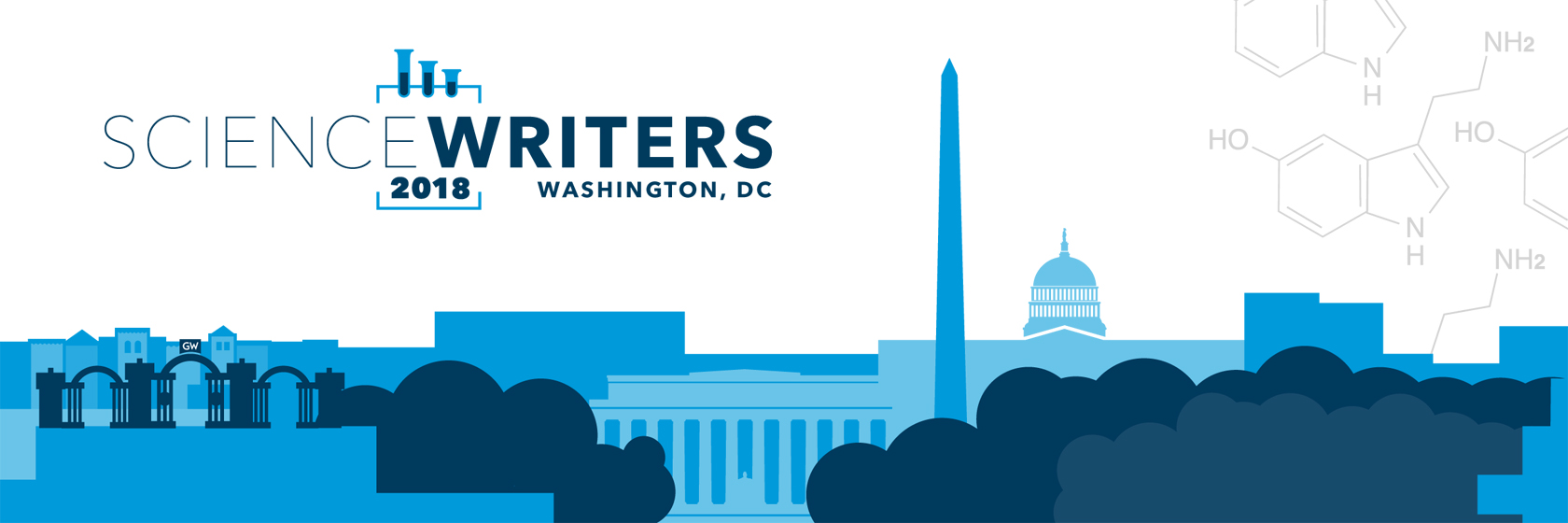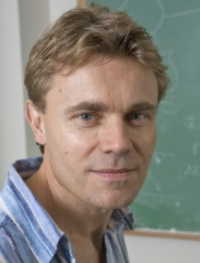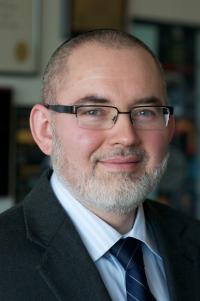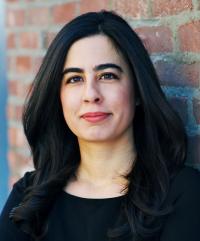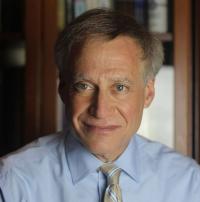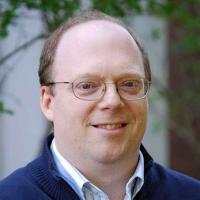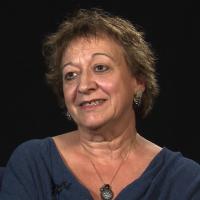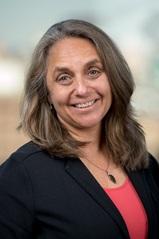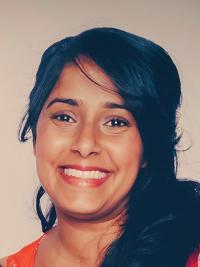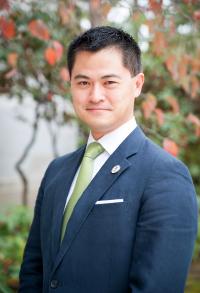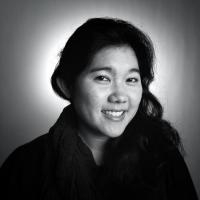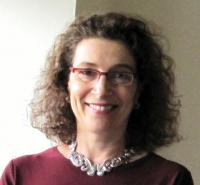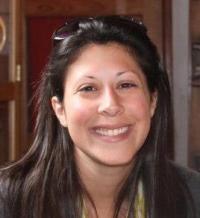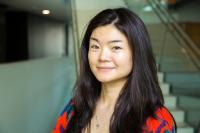NHKathleen Hall Jamieson
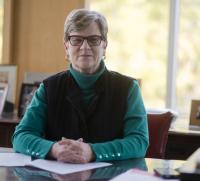
Professor, Annenberg School for Communication, University of Pennsylvania; director, Annenberg Public Policy Center
Kathleen Hall Jamieson has authored or co-authored 16 books, including Cyberwar, Spiral of Cynicism and The Obama Victory: How Media, Money and Message Shaped the 2008 Election, which won the American Publishers Association's PROSE award in 2010. Her paper “Implications of the Demise of ‘Fact’ in Political Discourse” received the American Philosophical Society’s 2016 Henry Allen Moe Prize. Jamieson is a co-founder of FactCheck.org and its subsidiary site, SciCheck, which monitors political speech for the misuse of science. She is a fellow of the American Academy of Arts and Sciences, the American Philosophical Society, the American Academy of Political and Social Science, and the International Communication Association.
Twitter: @APPCPenn
Web: www.annenbergpublicpolicycenter.org
Speaking:
-
Sunday, October 14th, 4:00 pm to 5:00 pm
